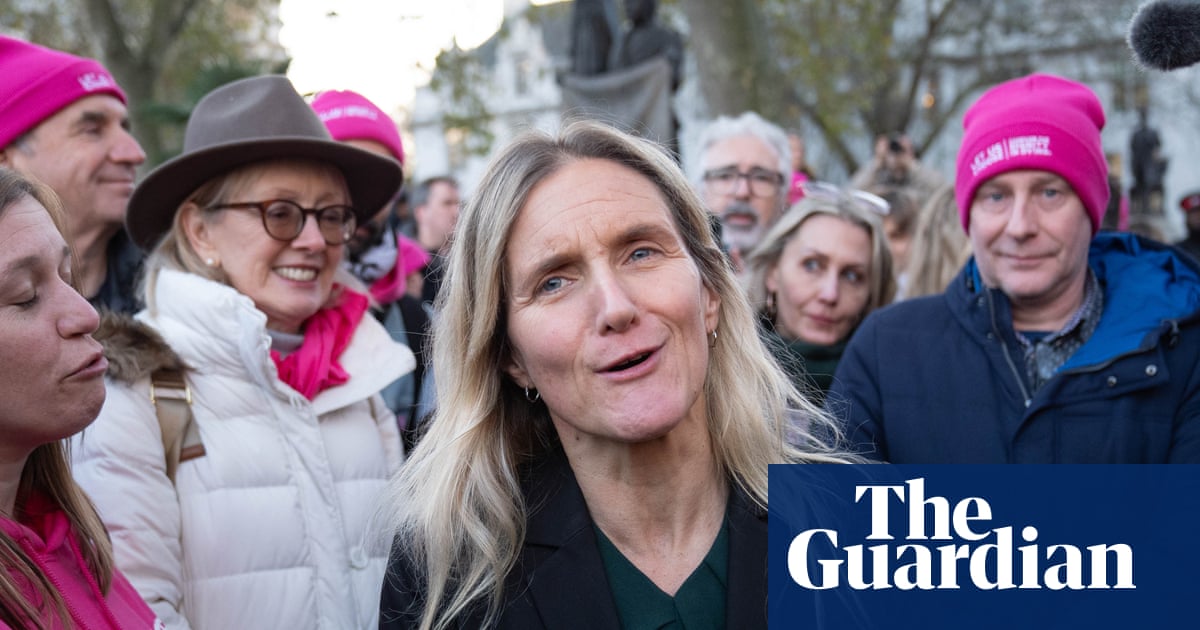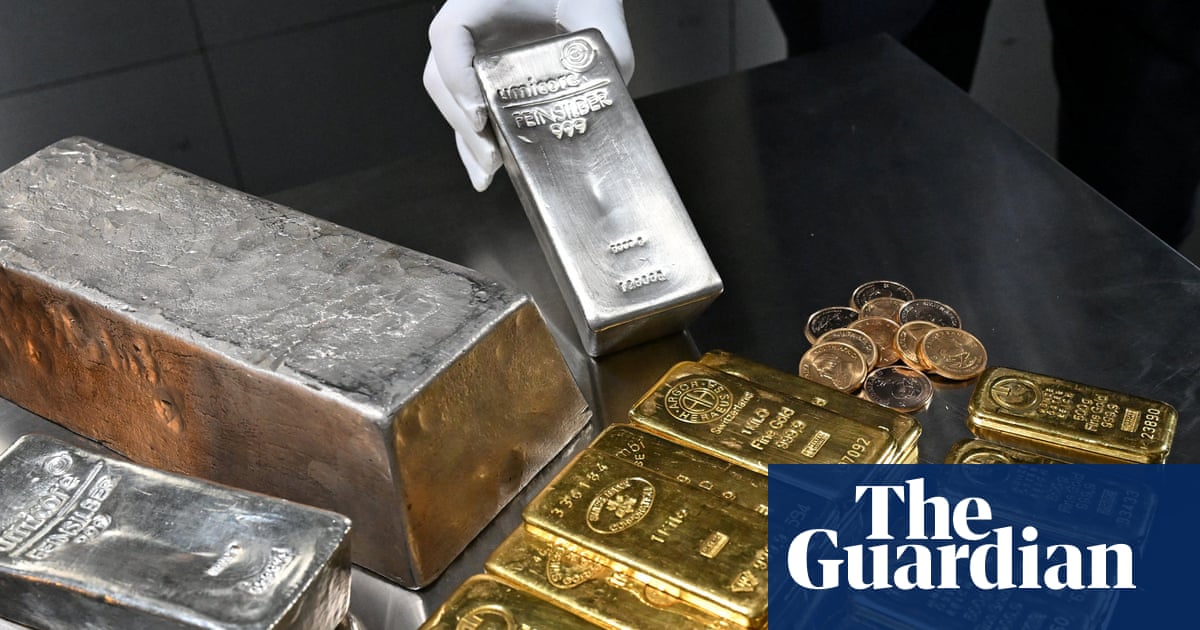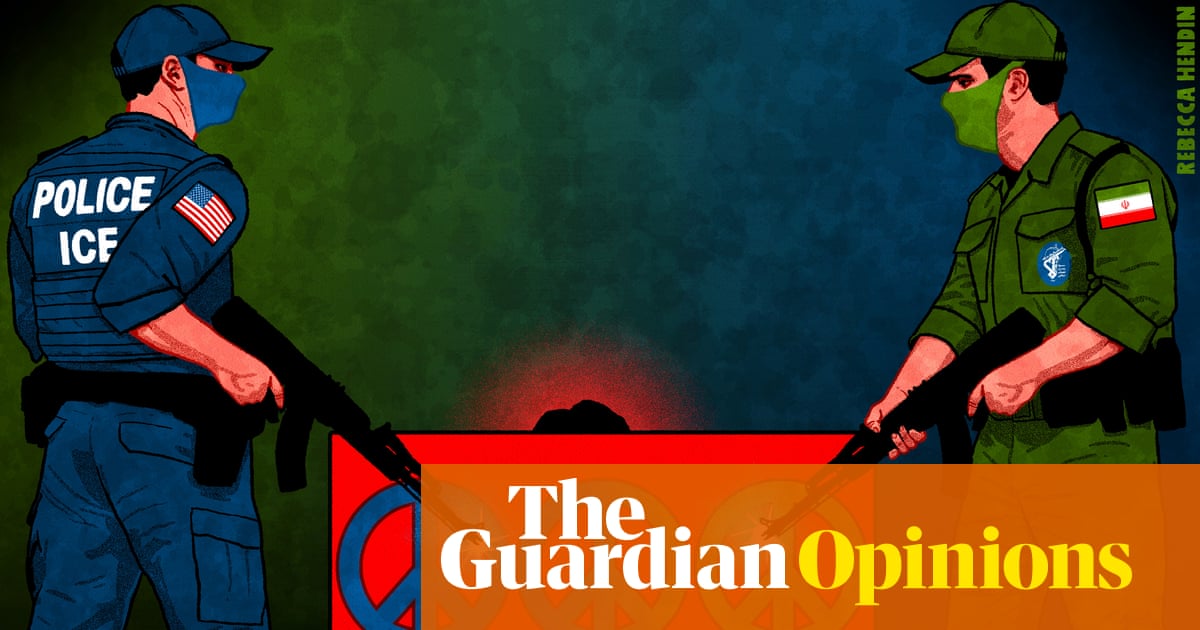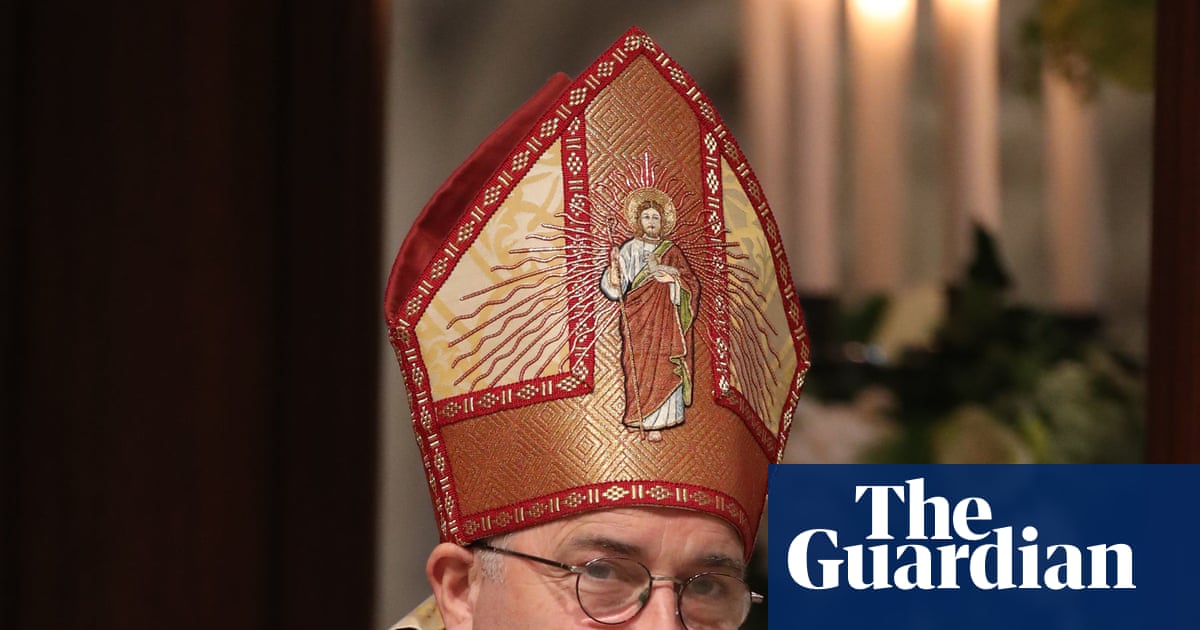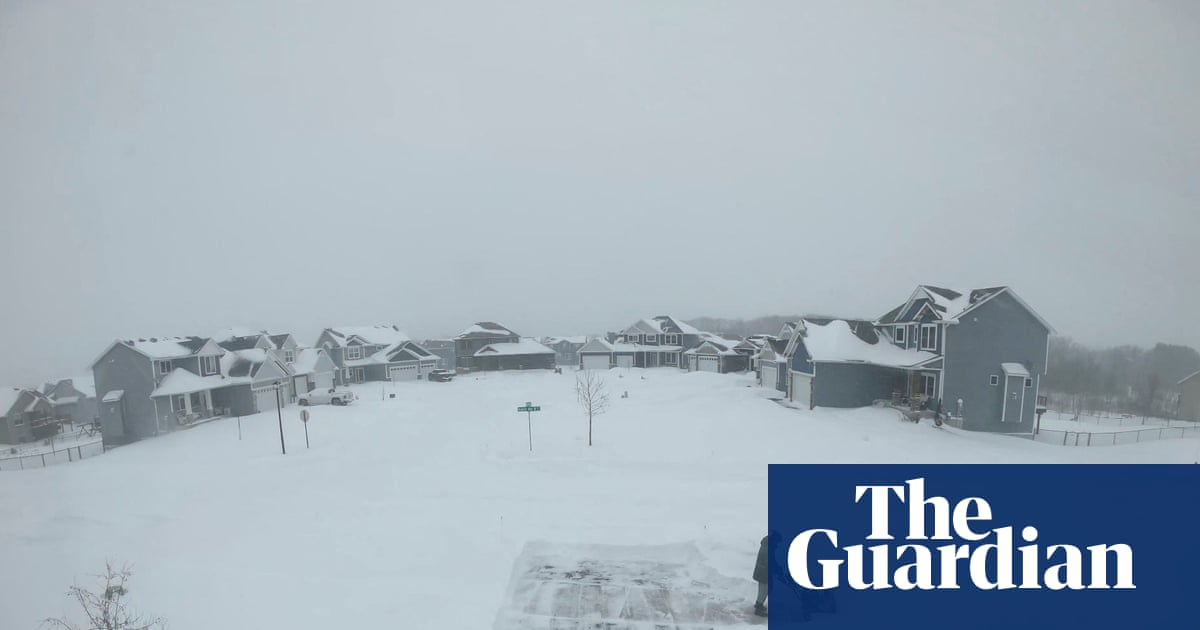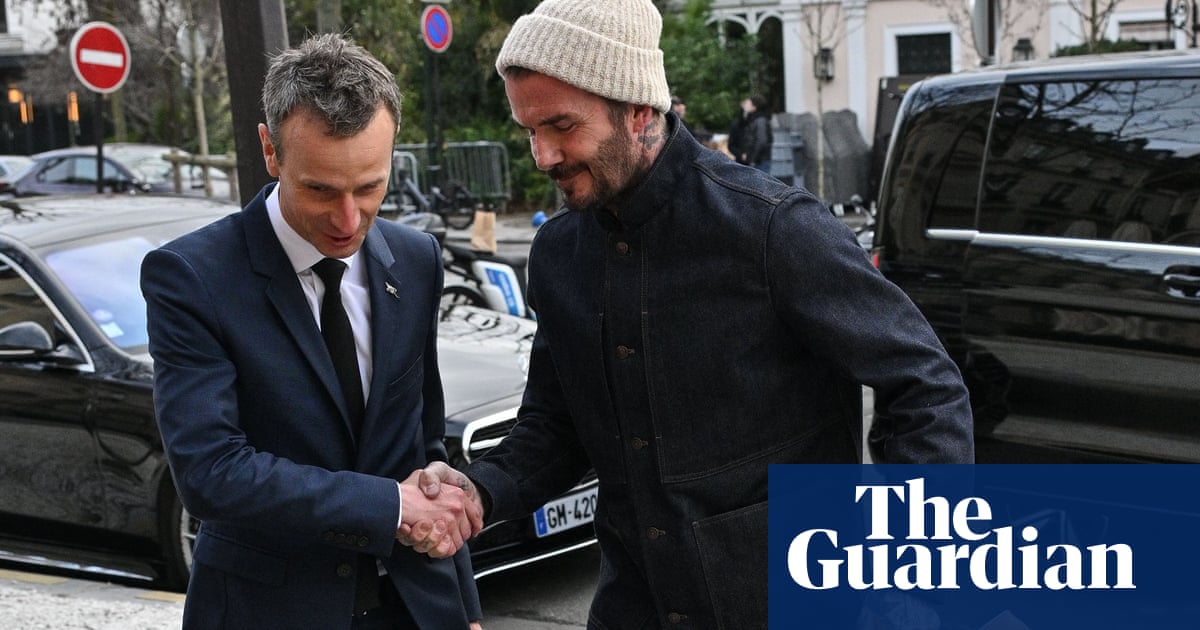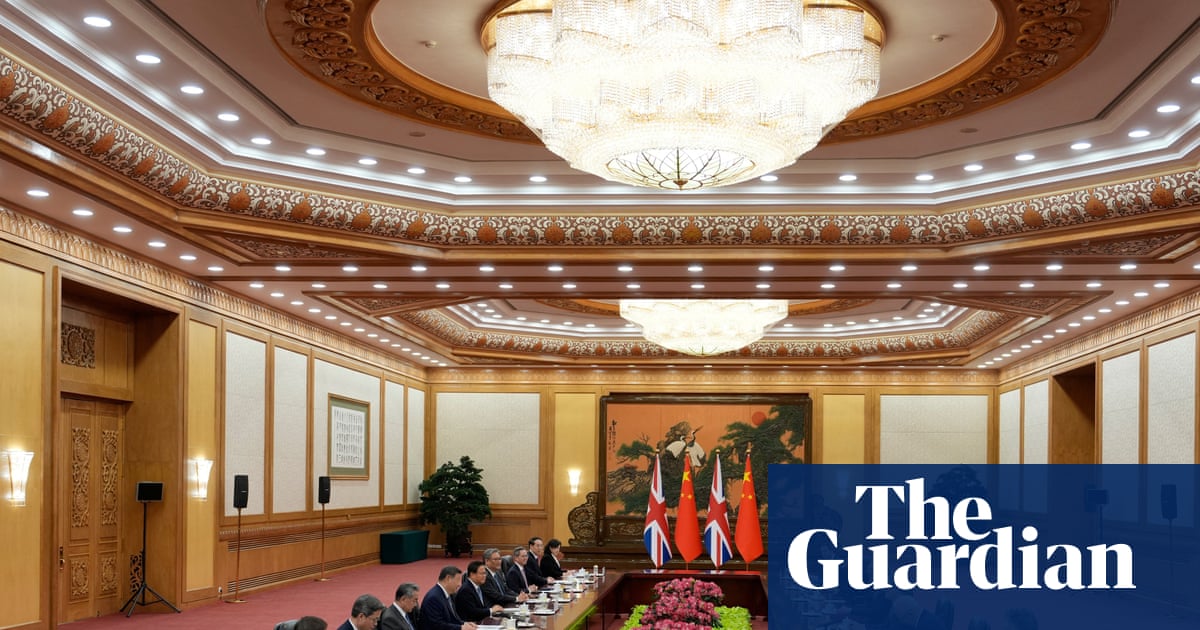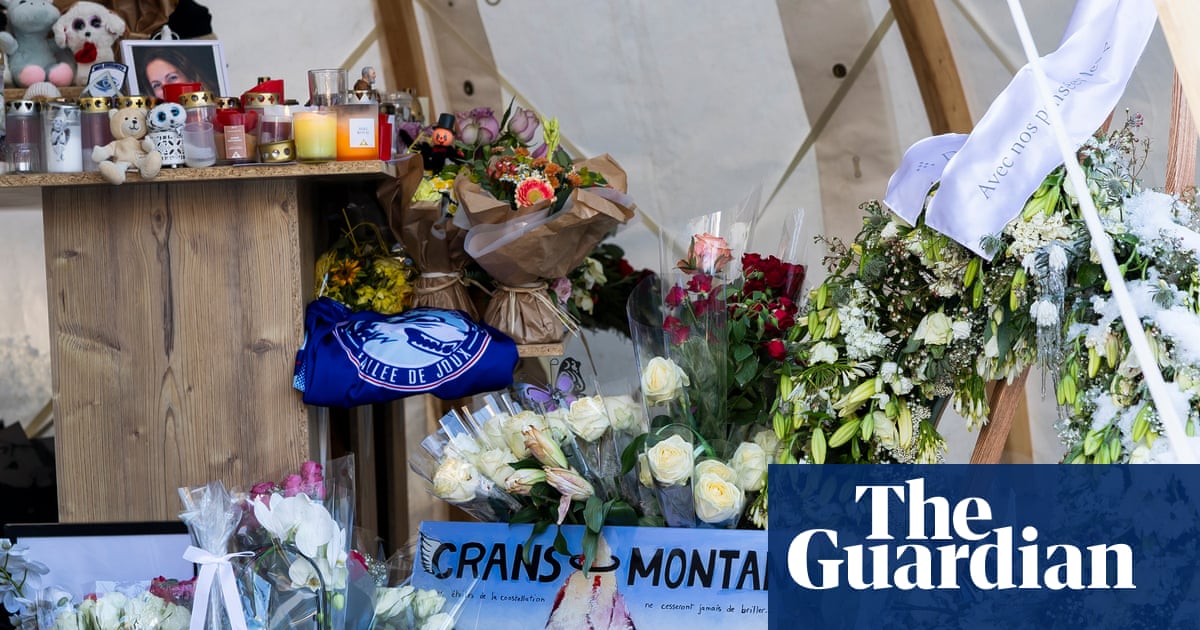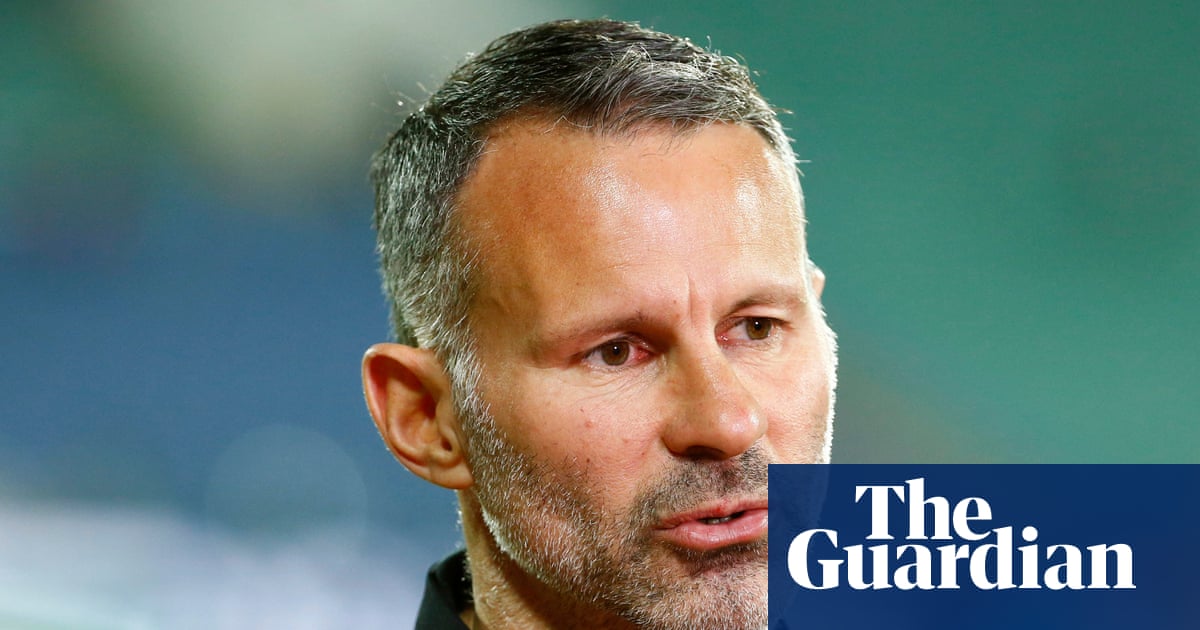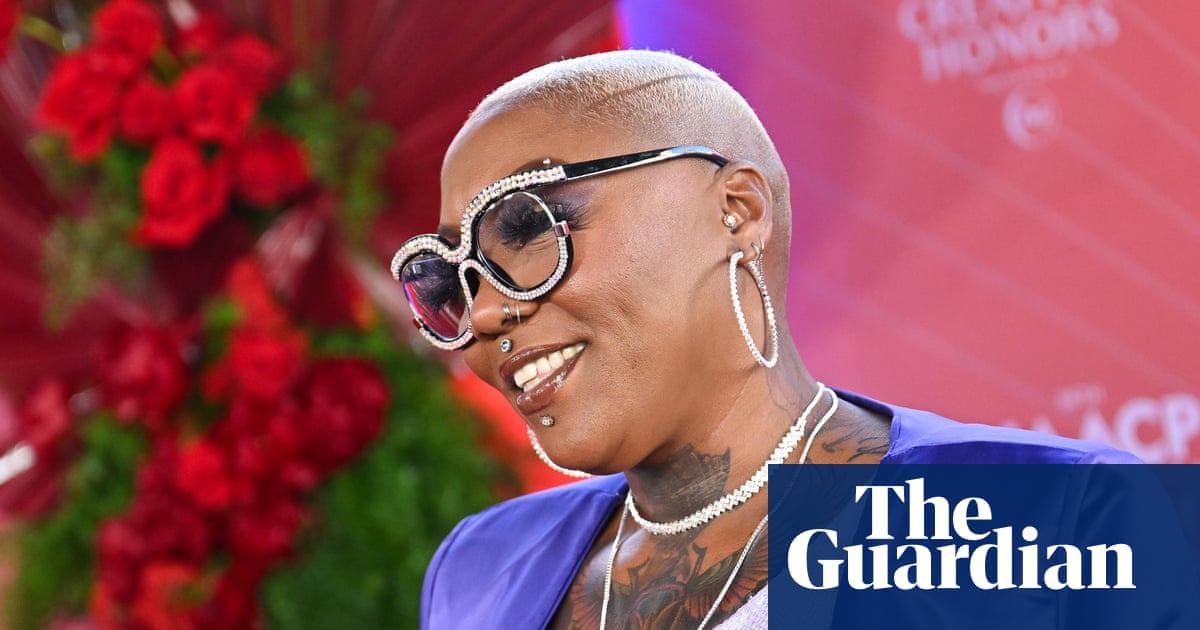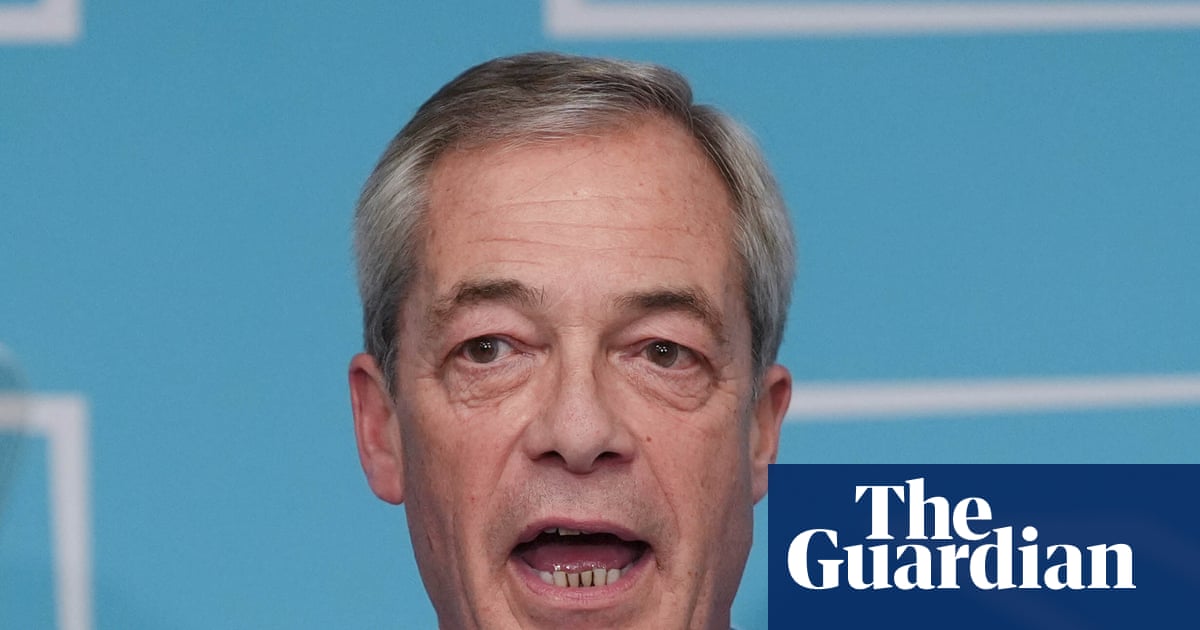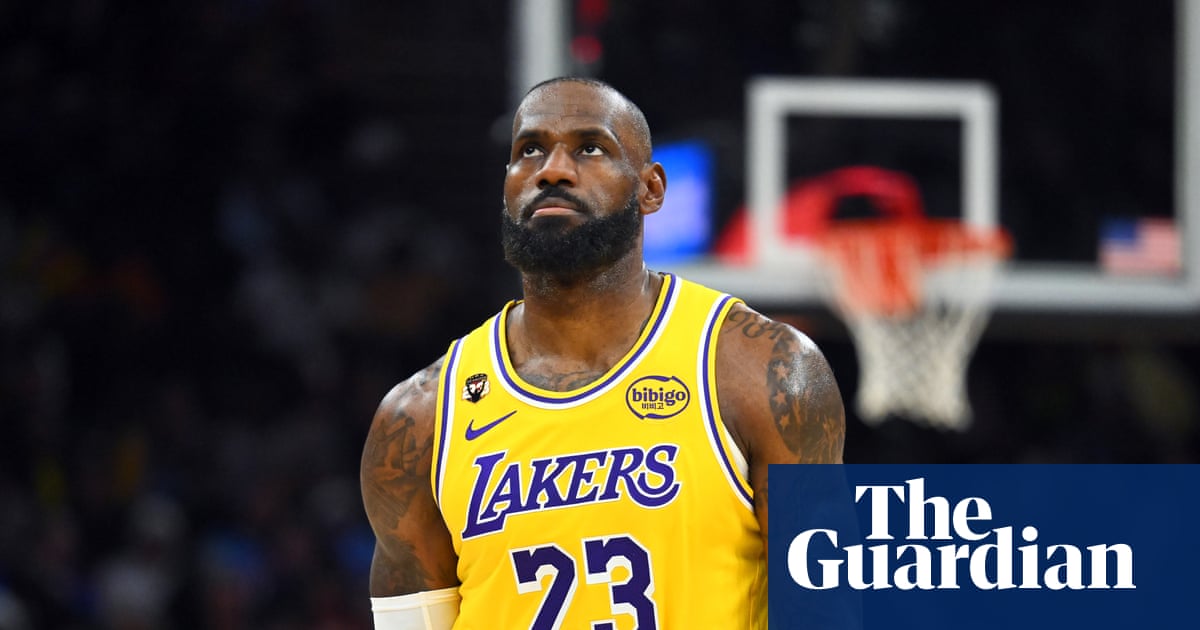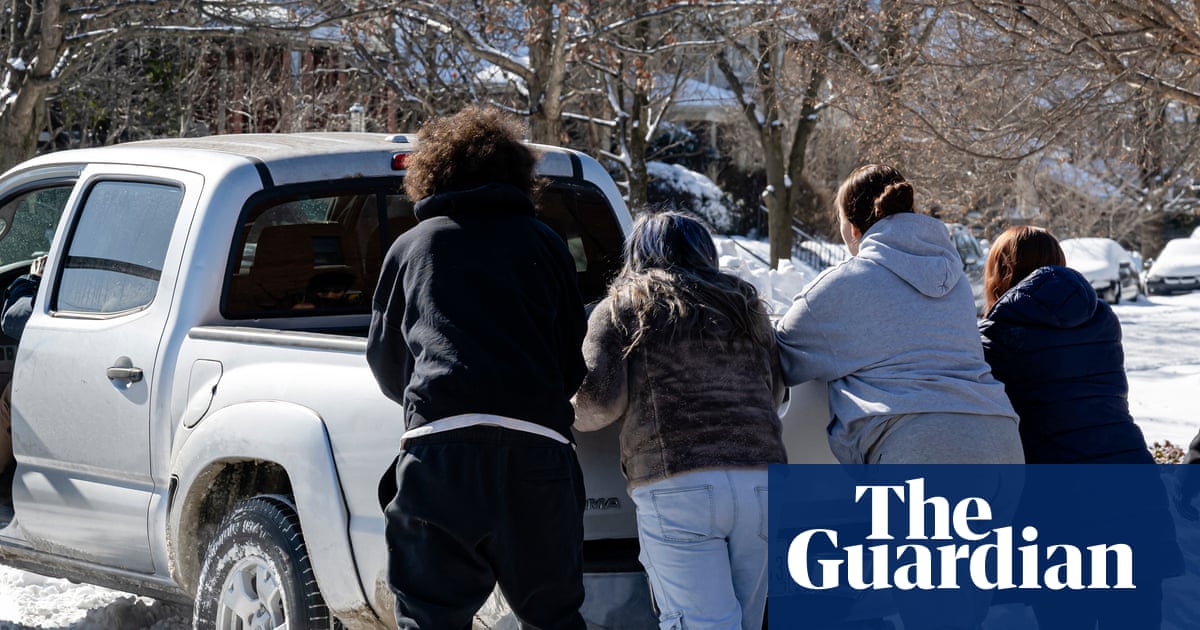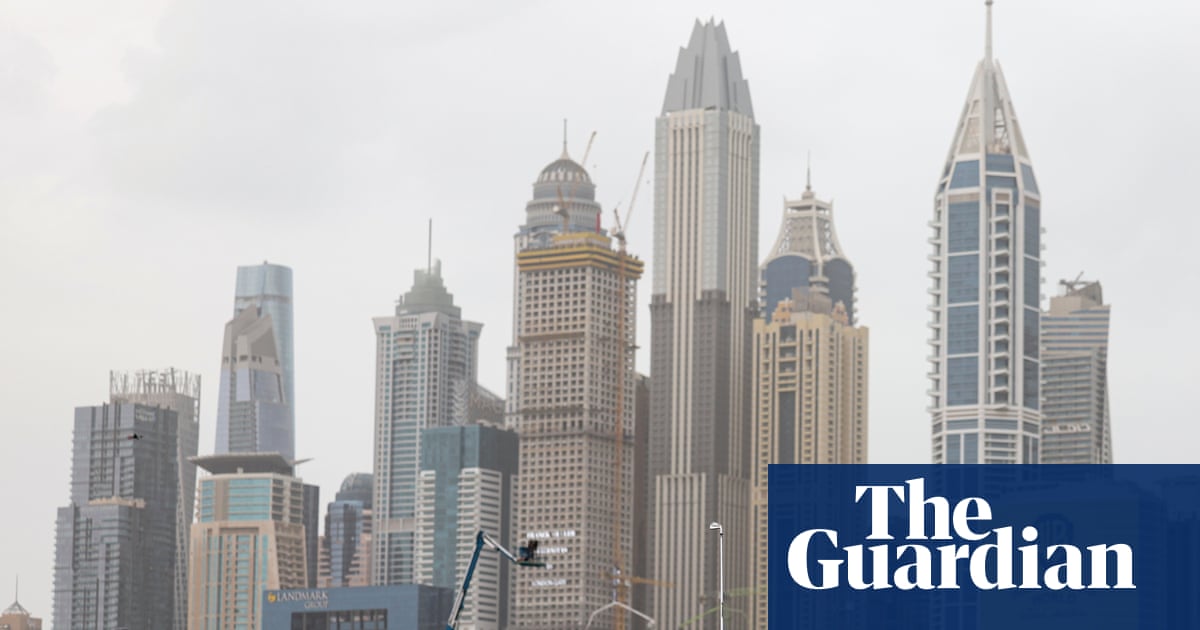-
The Institute for the Study of War (ISW) reported that the head of Russia’s Sberbank, German Gref, spoke of Russia’s economic problems in a meeting with Vladimir Putin, the Russian president. His bank was experiencing only “very modest” growth due to “challenging macroeconomic conditions” including a shrinkage of its consumer loan portfolio, while 2025 growth was worse thank the bank expected. “Gref’s statements are notable,” the ISW assessed, “as Russian officials have largely refrained from admitting to any weakness in Russia’s economy and as the Kremlin has undertaken an information campaign to portray the Russian economy as stable and strong.”
-
Ukraine’s top military commander, Gen Oleksandr Syrskyi, said on Tuesday that the army’s situation had “significantly worsened” in parts of the Zaporizhzhia region amid fierce fighting with Russian forces. “In the Oleksandrivka and Huliapole directions … using its numerical superiority in personnel and materiel, the enemy advanced in fierce fighting and captured three settlements,” Syrskyi posted. The ISW, in its most recent assessment at time of writing, reported on advances in the area – both unconfirmed gains proclaimed by Russian sources, and others confirmed by geolocation of video footage.
-
Ukraine’s military said it struck a Russian oil refinery in the city of Orsk in Russia’s Orenburg region on Tuesday. “Explosions and a fire have been observed on the premises. According to preliminary information, one of the primary oil processing units has been hit,” the statement said.
-
Nato member Romania found drone fragments on its territory near the south-eastern border region after Russian strikes on Ukrainian Danube River ports, authorities said on Tuesday. Drones were earlier detected near Romanian and Nato airspace, said the defence ministry. The foreign minister, Oana Toiu, said: “These actions are part of a series of similar incidents and represent a characteristic of the war of aggression waged by Russia. This is also reflected in Russia’s systematic provocations against the EU and Nato.”
-
Sergei Lavrov said Moscow was “ready” to discuss with Washington accusations by Donald Trump that Russia had carried out secret underground nuclear tests. “We are ready to discuss the suspicions raised by our American colleagues regarding the possibility that we might be secretly doing something deep underground,” Russia’s recently reclusive foreign minister told state media in a televised interview. He denied it and said the US could check whether Russia tested a nuclear warhead via the global seismic monitoring system. “Other tests, both subcritical, or those without a chain nuclear reaction, and carrier tests, have never been prohibited,” Lavrov said.
-
Russian interests were negotiating their withdrawal from key Serbian oil company NIS which now faces US sanctions, Serbia’s energy minister said on Tuesday. Russia’s Gazprom Neft and its owner Gazprom have held nearly 45% of NIS since 2009. Gazprom recently transferred about 11% to another Russian firm, Intelligence. The Serbian state has just under 30%. Serbian officials feared that continued Russian control of NIS could harm Serbia’s economy. NIS runs Serbia’s main refinery at Pancevo near Belgrade which supplies about 80% of the country’s needs. The knock-on effects of the US sanctions on Russian oil companies have upended Russian investments in several countries.
-
The head of Ukraine’s delegation for talks with Russia said on Tuesday he was in Istanbul to try to “unblock” the process of prisoner swaps, and that he would have more meetings in the Middle East on the issue. “There was an agreement – and it must be implemented,” said Rustem Umerov, who is also the secretary of Ukraine’s security council.
-
Ukraine will increase power import capacity from neighbouring countries to a total of 2,300MW in December, the head of the state grid operator said on Tuesday, without elaborating on how this would be achieved. Vitaliy Zaichenko told a press conference that current capacity was 2,100MW but Ukraine was not able to use it all owing to limitations in the system.
-
Ukraine’s prime minister, Yulia Svyrydenko, said the government had dismissed Energoatom’s supervisory board while anti-corruption authorities said they had charged seven individuals over an alleged $100m kickback scheme involving the nuclear agency and other state enterprises. Energoatom, which generates more than a half of Ukraine’s energy supply, said the probe had not disrupted production or operational safety.
-
A Ukrainian man accused by German prosecutors of involvement in the 2022 Nord Stream pipeline blasts has ended a hunger strike he began on 31 October after Italian authorities pledged to give him food meeting his medical requirements, his lawyer said on Tuesday. The detainee, identified under German privacy laws as Serhii K, has said he suffers from pancreatitis and coeliac disease and is vegan. He denies any role in the explosions that severed Russian gas supplies to Europe, and is appealing against extradition to Germany.
-
Britain plans to ban companies from providing services such as shipping and insurance for Russian liquefied natural gas (LNG) exports. The EU has approved sanctions that ban Russian LNG imports from 1 January 2027 but the UK government said on Tuesday it wanted to go further. “The ban will be phased in over 2026 in lockstep with our European partners,” said the British Foreign Office.

 2 months ago
50
2 months ago
50

